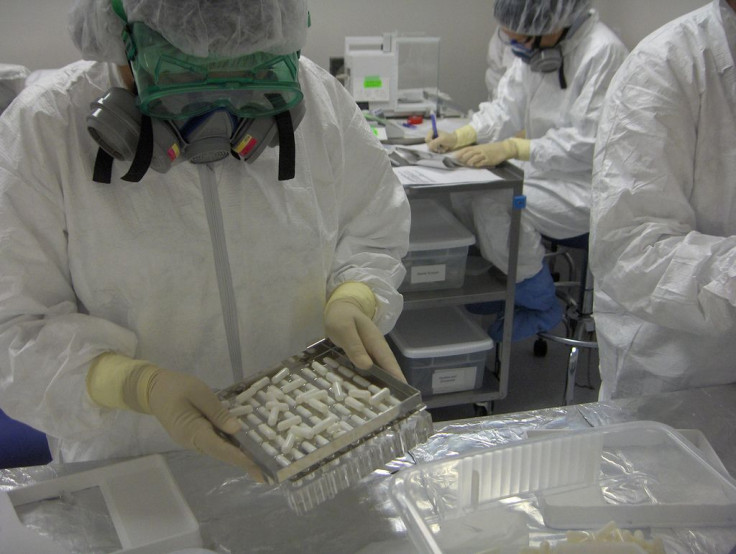The FDA Underreports Scientific Misconduct In Peer-Reviewed Articles: The Benefits Of Negative Science

A new JAMA study found the Food and Drug Administration (FDA) is silent on matters of scientific misconduct and fraud.
Researchers reported in at least 57 clinical trials, the FDA found evidence of one or more of the following problems: falsification or submission of false information, problems with adverse events reporting, protocol violations, inadequate or inaccurate recordkeeping, failure to protect the safety of patients or issues with informed consent. Yet, only three of the 78 publications that resulted from these trials made note of this. There were largely no corrections, retractions, or listed concerns.
In an article for Slate, study author Charles Seife said the FDA repeatedly hides evidence of fraud from both the public and trusted scientific advisers. In at least one case, falsified data in a trial comparing chemotherapies led to a patient’s death. Another trial deemed a stem cell treatment successful in 26 patients despite a patient later having their foot amputated, and the FDA deemed a separate trial unreliable.
“The findings presented in this study should give us pause,” Seife said. “This investigation has found numerous studies for which the FDA determined there was significant evidence of fraudulent or otherwise problematic data. Such issues raise questions about the integrity of a clinical trial, and mention of these problems is missing from the relevant peer-reviewed literature.”
This is why Seife called for the FDA to make its findings of misconduct readily available, including publishing their investigation results to Clinicaltrials.gov, creating a website or public database that lists all inspections of clinical sites, and links to “relevant, unredacted, inspection-related documents.” Additionally, Seife thinks authors and journals should be required to be forthcoming about any departures from what's considered good clinical practice.
Fighting Publication Bias
This idea of researchers, journals, and now members of the FDA cherry picking trial findings for publication is known as publication bias, the otherwise hiding of seemingly uninteresting data. In a report for Newsweek, Ben Wolford told the story of a 14-year-old Japanese girl who was suddenly diagnosed with delirium days after taking the controversial anti-viral Tamiflu; the girl didn’t have a history of mental illness. Turns out, the FDA discovered negative side effects of the drug and didn’t share it with the medical community (though the most recent study conducted since this reveal are in favor of the drug). Wolford cited a PLOS Medicine report that found concealing data is so routine, as many as half of all clinical trials are never published.
This doesn’t only mislead the public, potentially putting them in harm’s way, but it wastes researchers' time, found researchers from Stanford University in California. The Economist arrived at a similar conclusion, stating concealed data “squanders money and the efforts of the world’s best minds” by encouraging them to explore “blind alleys already investigated by other scientists.” In fact, they found negative results accounted for only 14 percent of published papers in 2013, which is down from 30 percent in 1990.
The thing is, bad science leads to good science. Not to mention concealing it is unethical and illegal. Think of it in terms of drugs, like Tamiflu. Randomized clinical trials are the best way to test a drug, Wolford said. The results of patients receiving experimental treatments are pitted against patients who don't receive treatments, thus allowing researchers to better level the differences and draw better conclusions from the data.
“That’s called a systematic review,” Wolford added. “Problem is, a systematic review only works if the reviewers have all the information — good, bad, and inconclusive.”
Publication bias makes it seem science is in the business of being sexy and trendy, an idea we know is largely untrue. Stepping away from it will make everyone, from the researcher to the FDA, and the public, smarter and safer.
Source: Seife C. Research Misconduct Identified by the US Food and Drug Administration: Out of Sight, Out of Mind, Out of the Peer-Reviewed Literature. JAMA Internal Medicine. 2015.



























